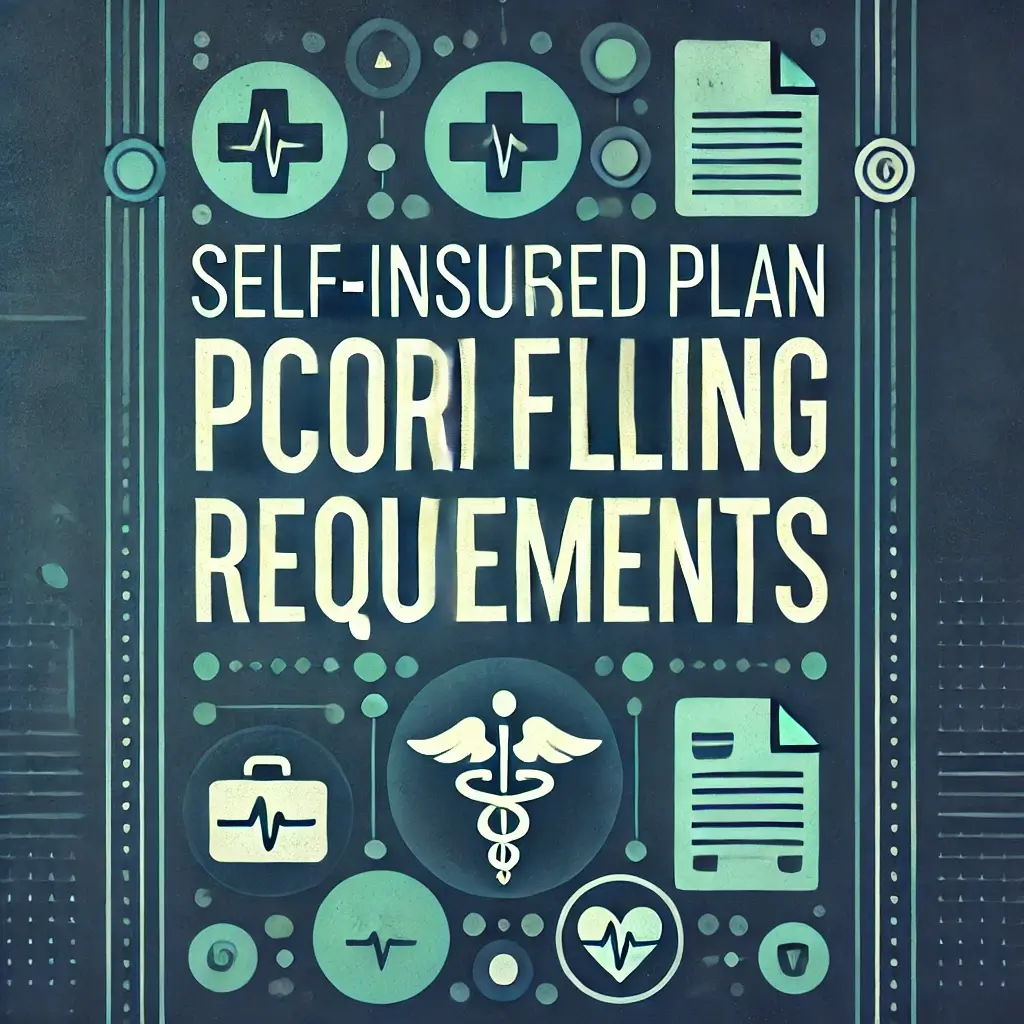As an employer, staying compliant with the Affordable Care Act (ACA) is essential to avoid costly penalties. One of the key compliance obligations for Applicable Large Employers (ALEs) is the timely filing of 1095-Cs. But what happens if you don’t file on time or fail to file altogether? Below, we answer common questions about the penalties associated with not filing 1095-C forms.
Q&A Section
1. What is Form 1095-C?
Form 1095-C is a tax form that Applicable Large Employers (ALEs)—those with 50 or more full-time or full-time equivalent employees—must provide to their full-time employees and submit to the IRS. The form details the health insurance coverage offered to employees and helps the IRS determine if an employer is complying with the ACA’s employer mandate.
2. What are the deadlines for filing Form 1095-C?
There are two deadlines that employers need to be aware of:
- To Employees: You must provide Form 1095-C to all full-time employees by January 31st.
- To the IRS: If filing on paper, the deadline is February 28th, and if filing electronically, the deadline is March 31st.
3. What are the penalties for not filing 1095-Cs?
The penalties for failing to file 1095-Cs—or for filing incorrect or incomplete information—can be significant. The IRS imposes penalties for both late submissions and inaccurate information. As of 2024, the penalties are:
- $60 per form if filed within 30 days after the due date.
- $120 per form if filed more than 30 days late but before August 1st.
- $310 per form if filed after August 1st or if not filed at all.
There’s also a potential cap on the total penalty for small businesses (those with gross receipts of $5 million or less), but for larger employers, the cap can be much higher.
4. Can penalties be waived?
Yes, in certain cases, penalties can be waived if the employer can demonstrate reasonable cause. This means that if your failure to file was due to circumstances beyond your control, such as a natural disaster, you may be able to avoid the penalties. However, ignorance of the law or negligence is not considered a valid reason for avoiding penalties.
5. How can I avoid penalties for not filing 1095-Cs?
To avoid penalties, it’s important to:
- Keep Accurate Records: Track employee hours, coverage offers, and enrollment accurately.
- Meet Deadlines: Make sure to meet both the employee and IRS deadlines for distributing and filing the forms.
- Consult Professionals: Work with tax or insurance professionals to ensure that your filings are correct and timely.
6. Are there additional penalties for intentional disregard?
Yes, if the IRS determines that you intentionally disregarded the filing requirements, the penalties are much steeper. In cases of intentional disregard, the standard caps on penalties do not apply, and the minimum penalty per form is $580.
Conclusion
Failing to file 1095-Cs or providing incorrect information can result in significant financial penalties. By staying informed, keeping accurate records, and seeking professional advice, you can ensure your business remains compliant with the ACA requirements.
For an instant employer benefits insurance quote, visit: https://carvofinancialgroup.com/employee-benefits/


